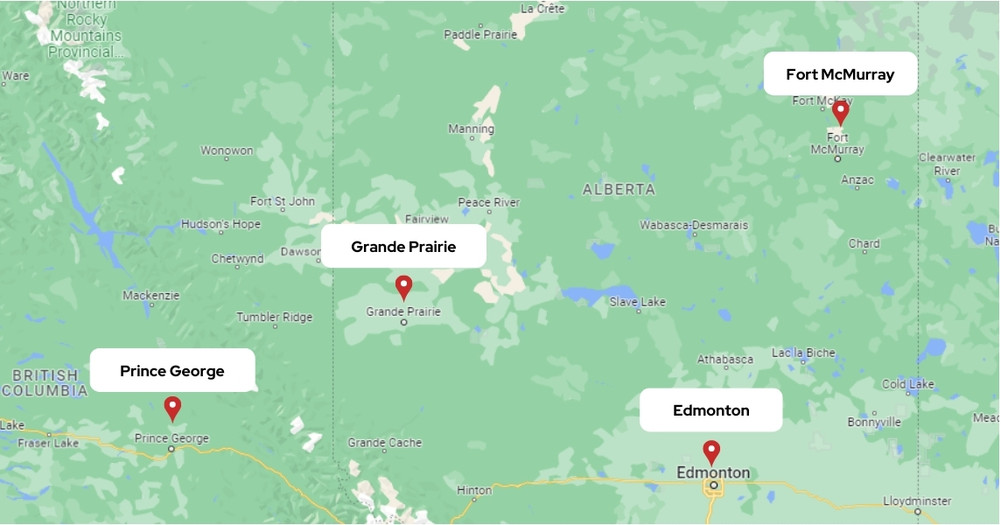As school children, all of us have read the ‘Ants and the Grasshopper’ story. These ants saved up food for harsh winter while the grasshopper enjoyed his spoils the very moment. Though it is a story for kids, it has an important life lesson and that is of savings. Cut to our modern world where uncertainty clouds over everything we do, emergency savings are a lifesaver. From buying your kid a new soccer gear to paying for medical expenses your insurance won’t cover, an emergency might arise anytime and you need to be prepared.
Once you decide to save, a few questions would pop in your head and here are the answers for those.
What is the ideal amount I should target?
There is no ideal figure as such that can be called as a magic number of savings but logically it is ideal to have at least three months of your expenses saved up for emergency. If you haven’t already calculated your total expenses, then start right away. Figure out your average expenditure on your rent/mortgage, taxes, utility bills, groceries, leisure activity spending and travel/vehicle expenses. Your bills for are going to be different for each month and that is we need to average out a number from your expenses for the last couple of month. Now, multiply it for three months and there you have it! That is your ideal amount for emergency savings.
How do I save?
Now, that you have a number with you the next question to pop would be how to save such an amount? To answer this, I would like to repeat the words of finance guru and billionaire Warren Buffet’s words, “Do not save what is left after spending, but spend what is left after saving”. The wise old man made a fortune by investing in the right companies and you too can improve your finances by investing in an emergency fund with this simple rule. Don’t give in to impulse buying. Don’t fall prey to marketing tactics. Everything else can wait. Limit your card usage and set yourself some expenses goals.
How do I stick to my goals?
If you are a regular spender, saving is going to be a royal pain. There will always be a movie too good to missed or a vacation you always wanted to take. Always remember to remind yourself that these are short-term pleasures. In the long run an emergency fund will save you from big troubles. Take help of technology in creating your emergency savings. Keep track of your daily savings and expenditure with the help of a mobile app such as Save Up. Create an emergency savings account in your bank and set your primary account to electronically transfer a fixed amount to the other account so that you don’t have to keep track of it. Sticking to your goals might be tough but financially it will make you more stable.
And those who won’t save for a rainy day are bound to get washed away in some economic flood. So, start saving!


